Joint development of all-solid-state battery with 10 companies including Toyota
The National Institute for Materials Science (Tsukuba City, Ibaraki Prefecture) of Japan announced on the 7th that it will start joint research with 10 companies including Toyota Motor Corporation on the next-generation power supply "all-solid-state battery" following the lithium-ion battery. All-solid-state batteries are hard to burn, safe and highly efficient. It can be expected as a trump card to extend the cruising range of electric vehicles (EV). Combining the data and know-how of the material mechanism, we have an advantage in the development competition.
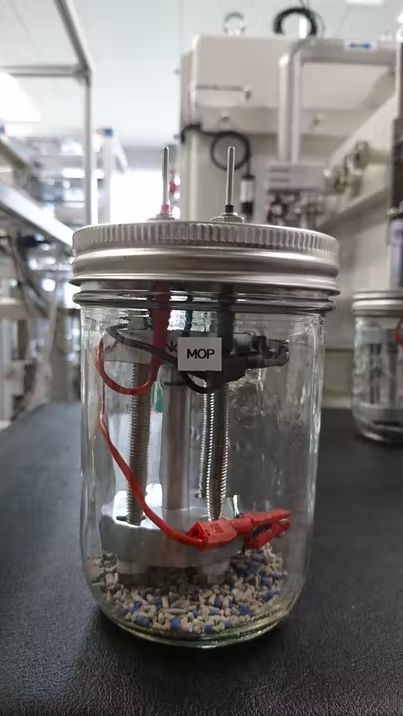
Prototype of all-solid-state battery. Speed up development by utilizing the analyzer of the material mechanism (7th, Tsukuba City)
Launched "All Solid State Battery Materials Open Platform (MOP)" to work on joint research beyond the walls of companies. In addition to Toyota, JX Nippon Mining & Metals, JFE Steel, Sumitomo Chemical , Taiyo Yuden , Denso , Nippon Mining & Smelting , Mitsui Kinzoku , Mitsubishi Chemical, and Murata Manufacturing will participate. We will build interface analysis technology and material search technology to reduce electrical resistance and deterioration, and develop "oxide-type all-solid-state batteries" that use oxide materials as electrolytes.
All-solid-state batteries that use solid electrolytes are said to have shorter charging times and higher safety than lithium-ion batteries that use flammable electrolytes. It is regarded as a favorite as a technology to increase the capacity of in-vehicle batteries, which is indispensable for extending the cruising range of EVs.
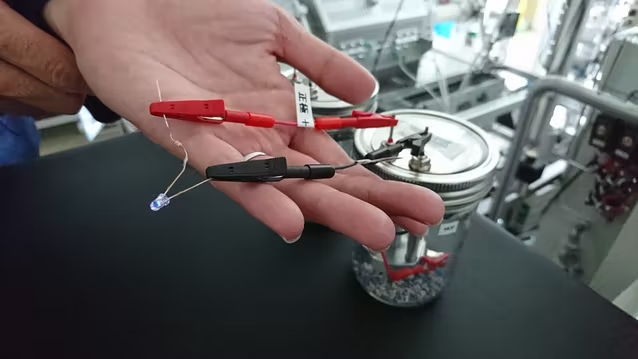
Research and development of solid electrolytes is the key to improving battery performance, but it is difficult to control the temperature of materials and analyze interfaces. The Materials Organization has accumulated a wealth of data and experience in material research, and returns know-how to corporate research and development. Eliminate bottlenecks.
EVs, which have a low environmental impact, are expected to spread rapidly in the future. Toyota plans to increase global sales of EVs to 3.5 million units in 2030. As competition with overseas manufacturers such as Europe, the United States and China intensifies, "we will prepare a system to win the development race in all Japan" (Kazunori Takada, MOP chief of all-solid-state battery).
At the end of May, Material Organization announced a plan to jointly develop high-performance permanent magnets that are indispensable for EV motors with four companies including TDK . We are accelerating efforts that emphasize EV development.



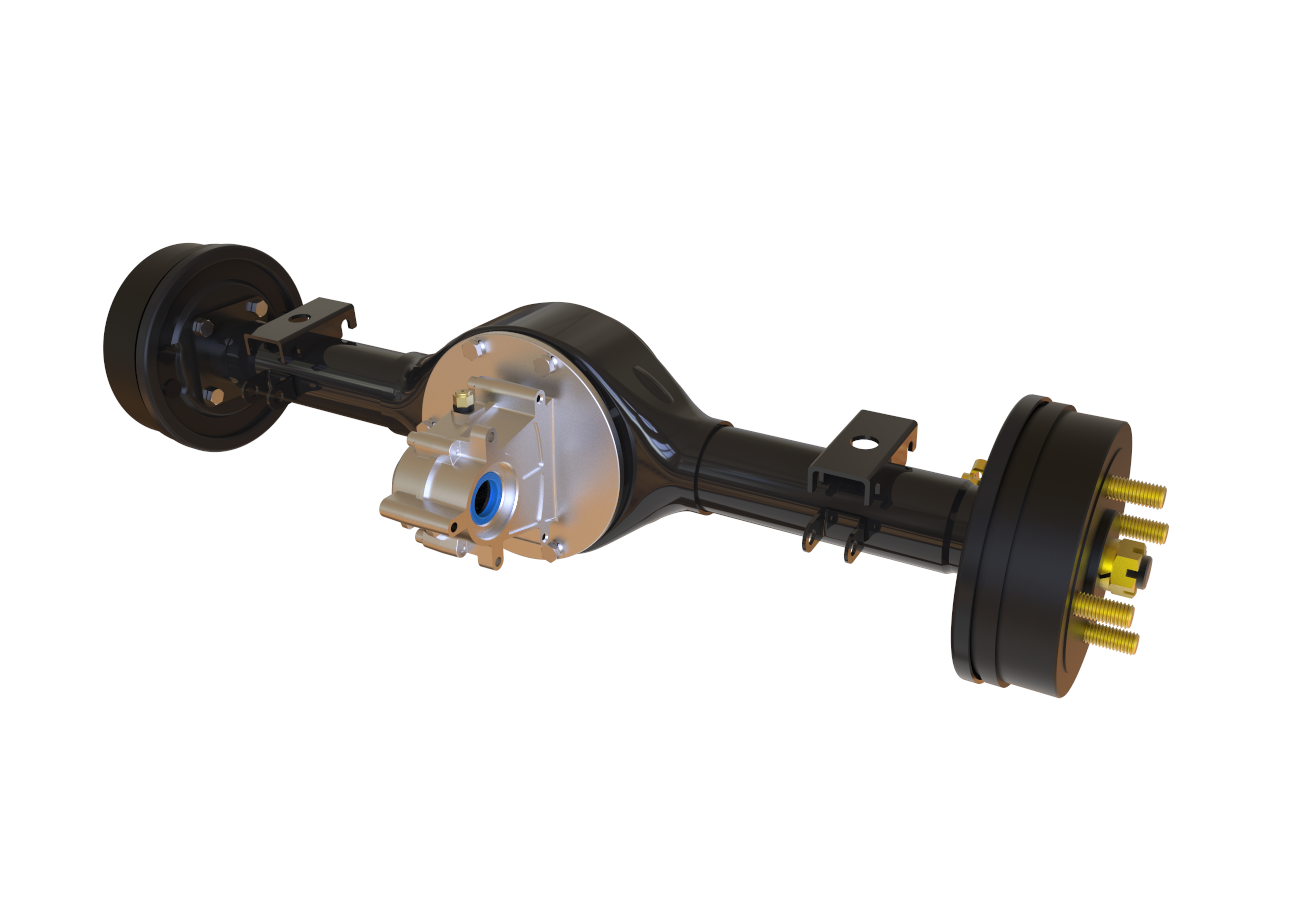
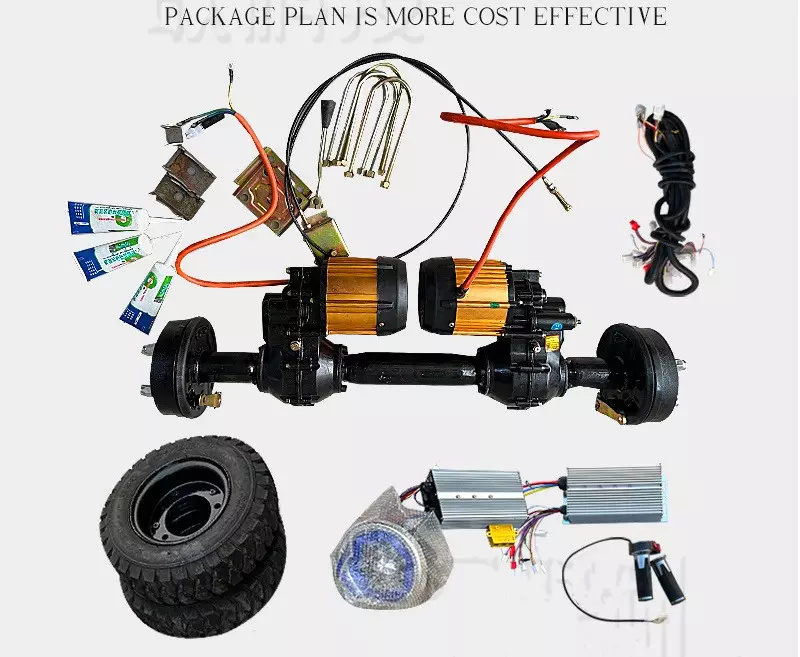

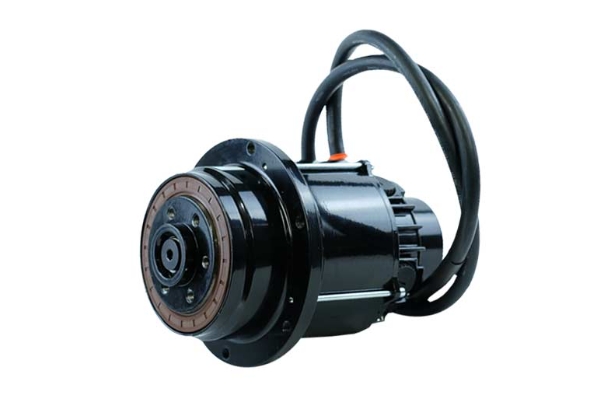
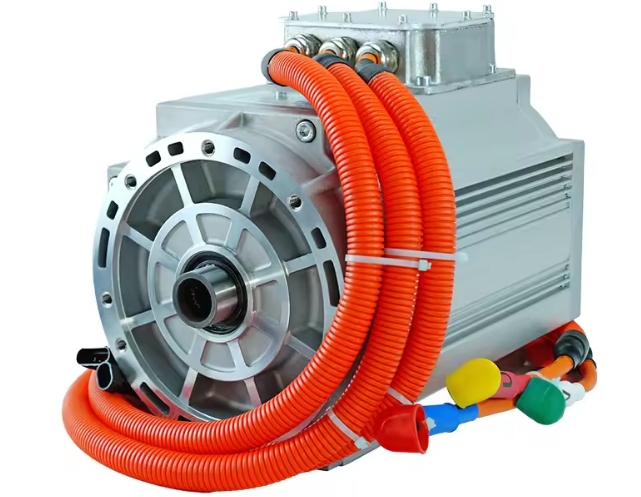
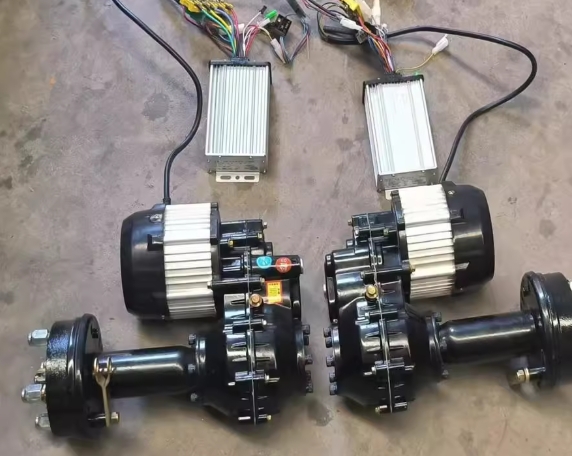
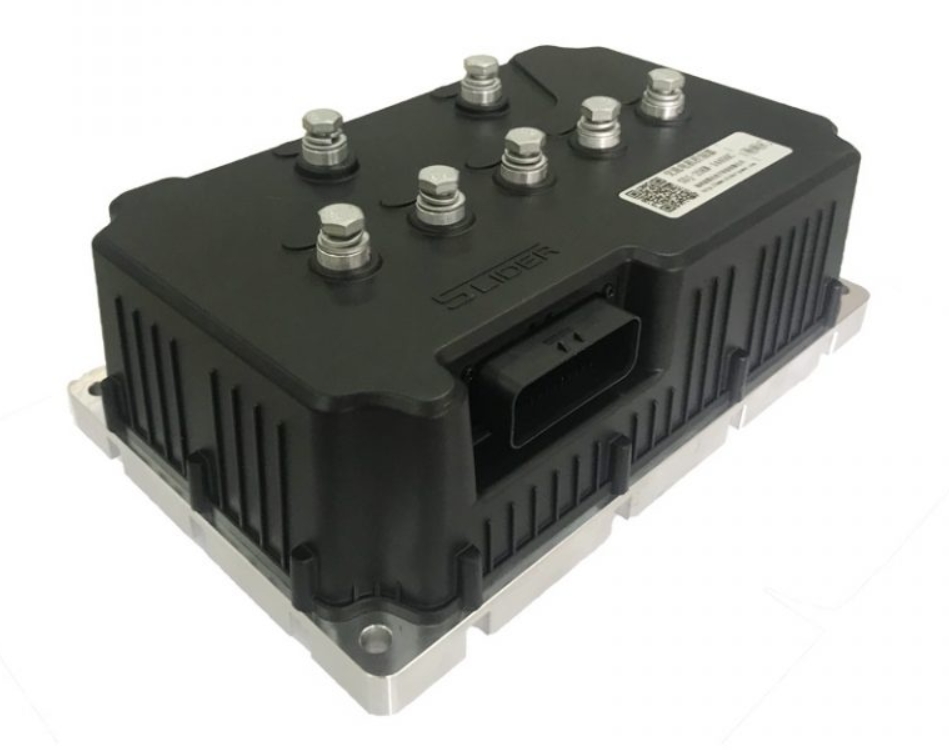

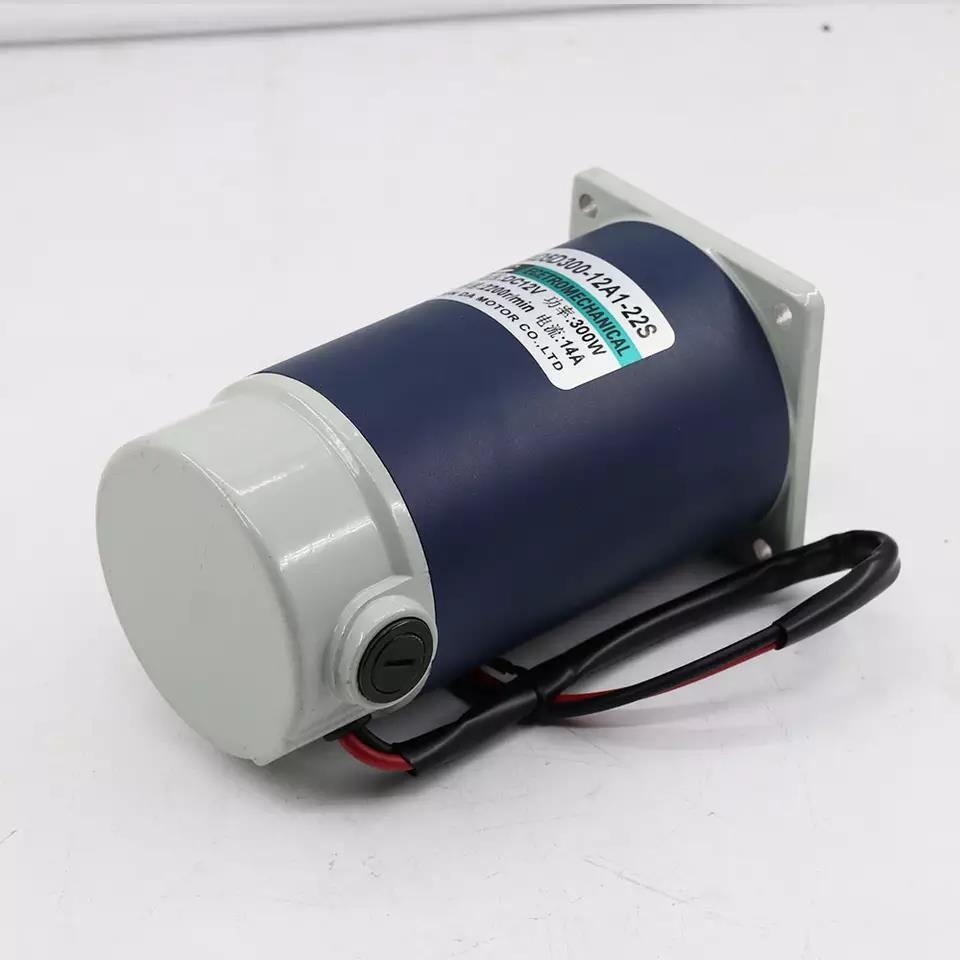
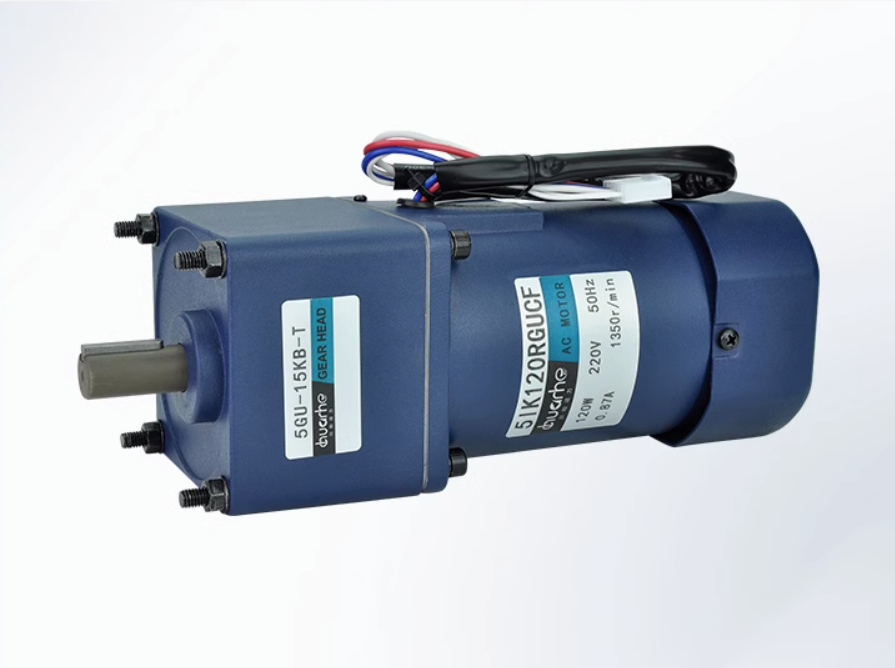
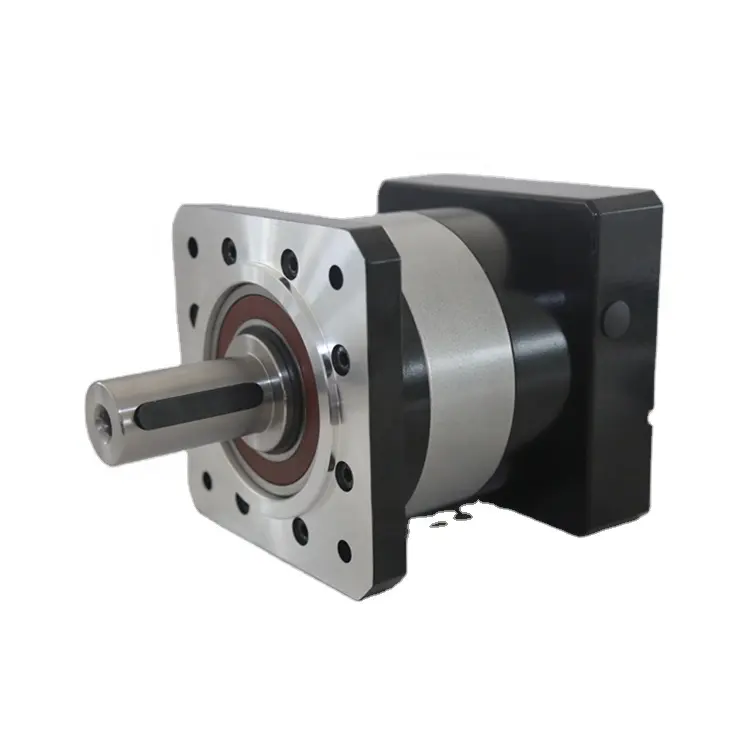
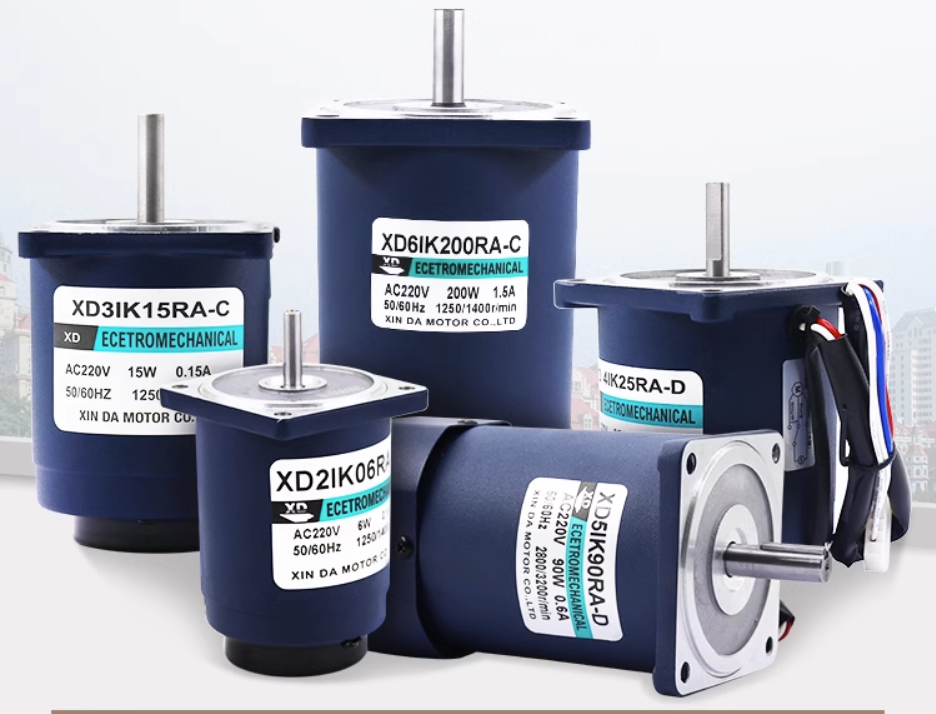


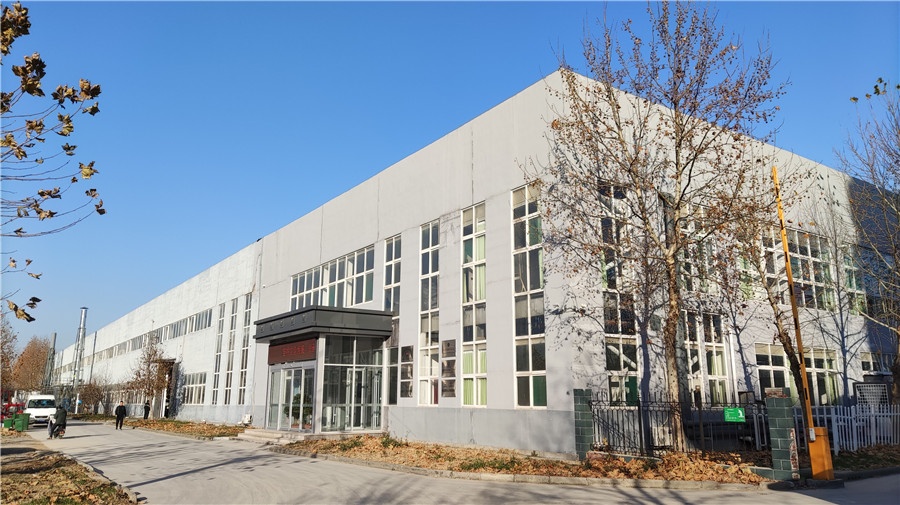
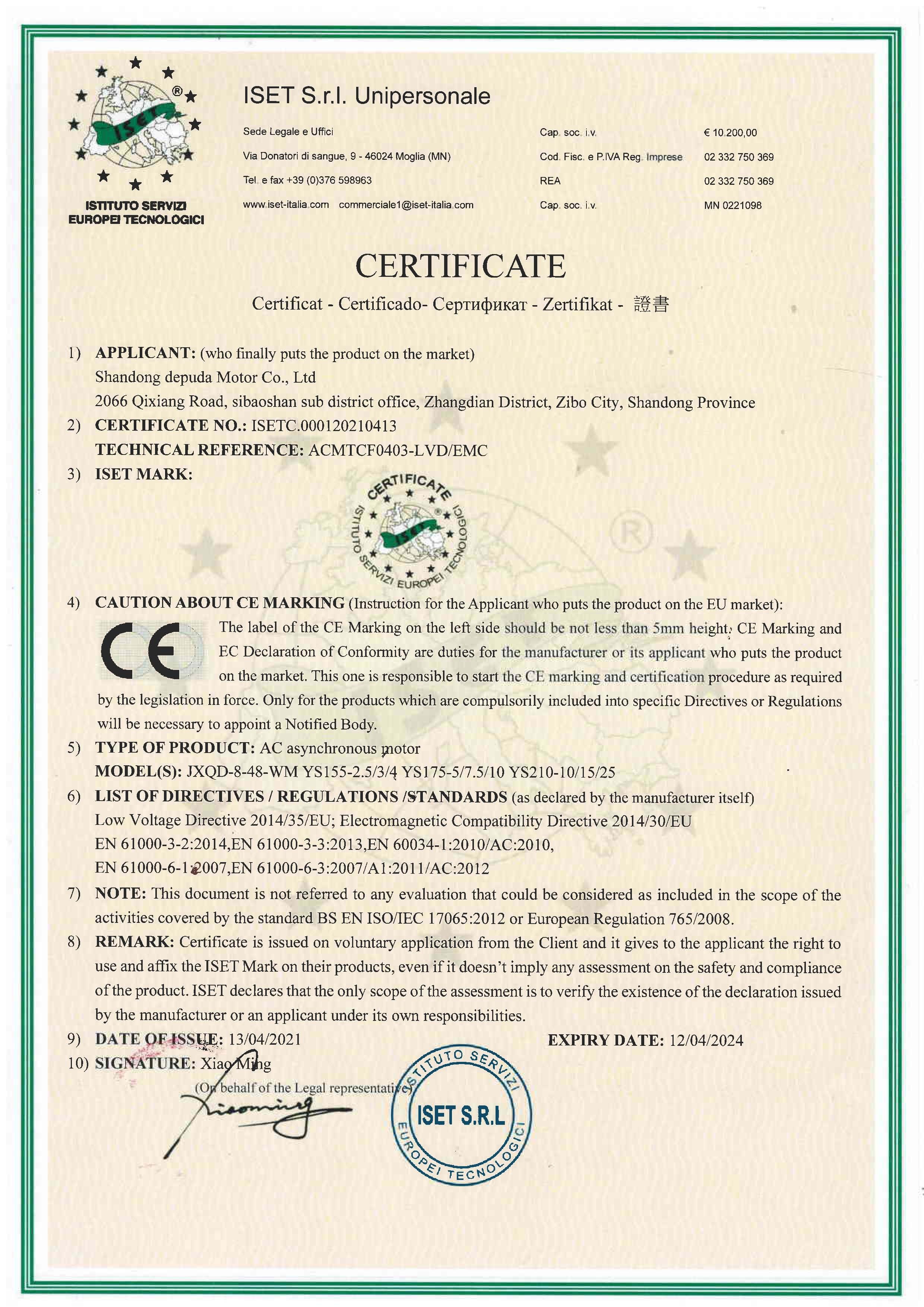
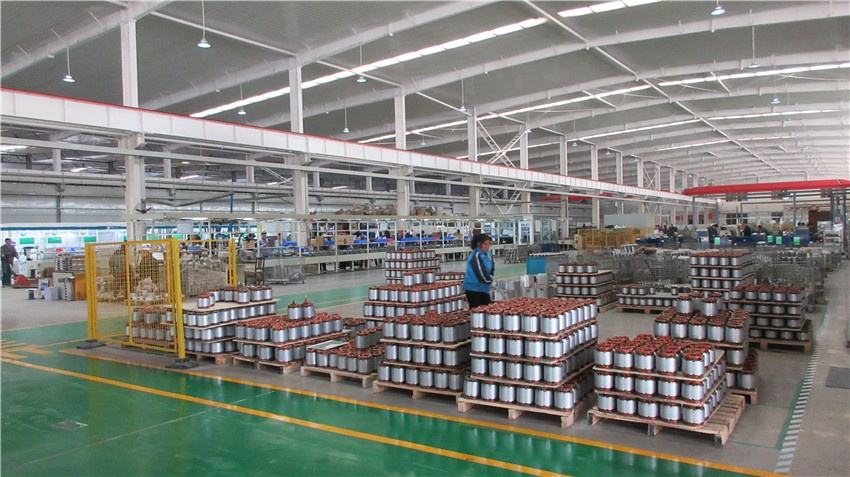
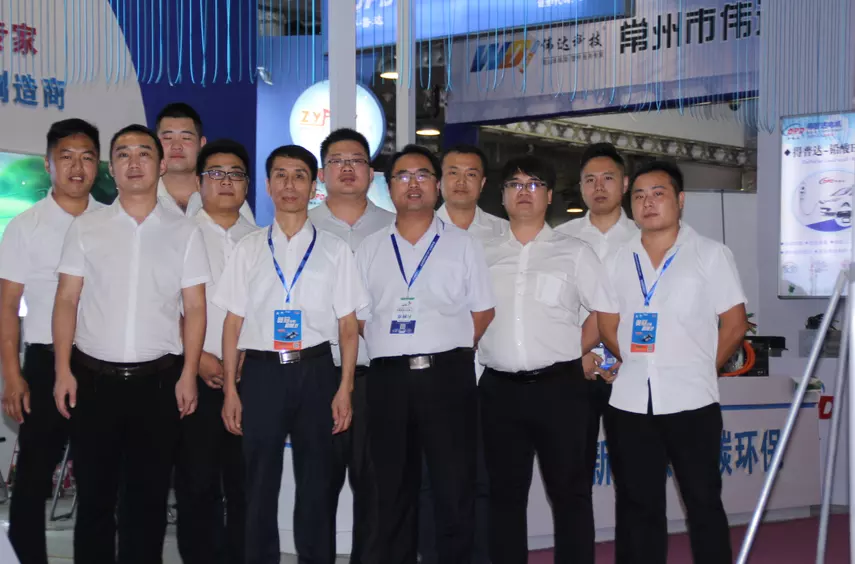

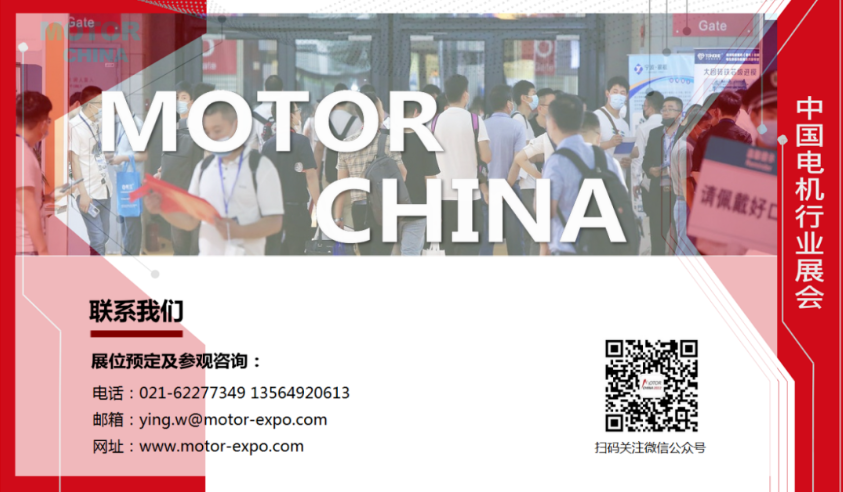
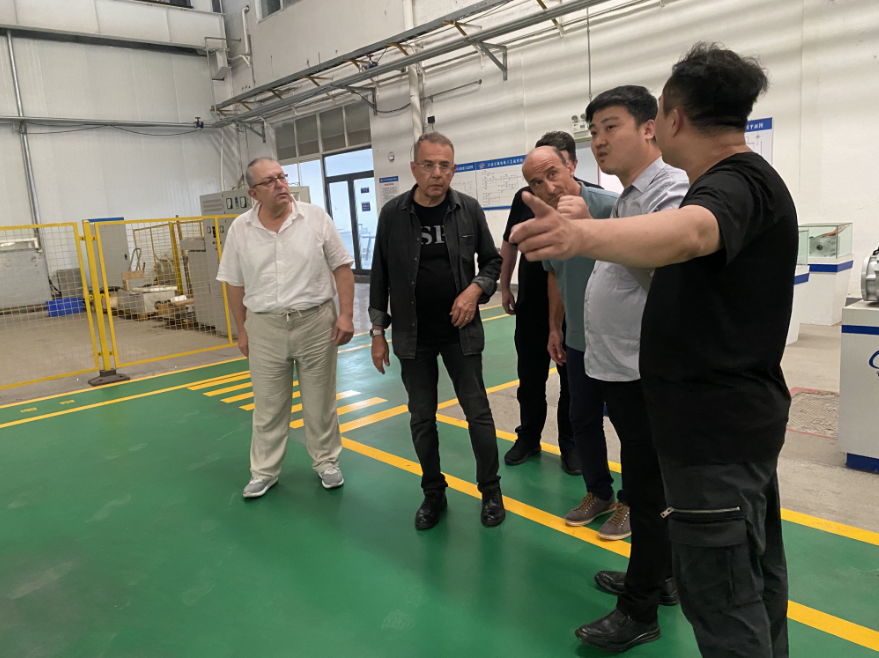
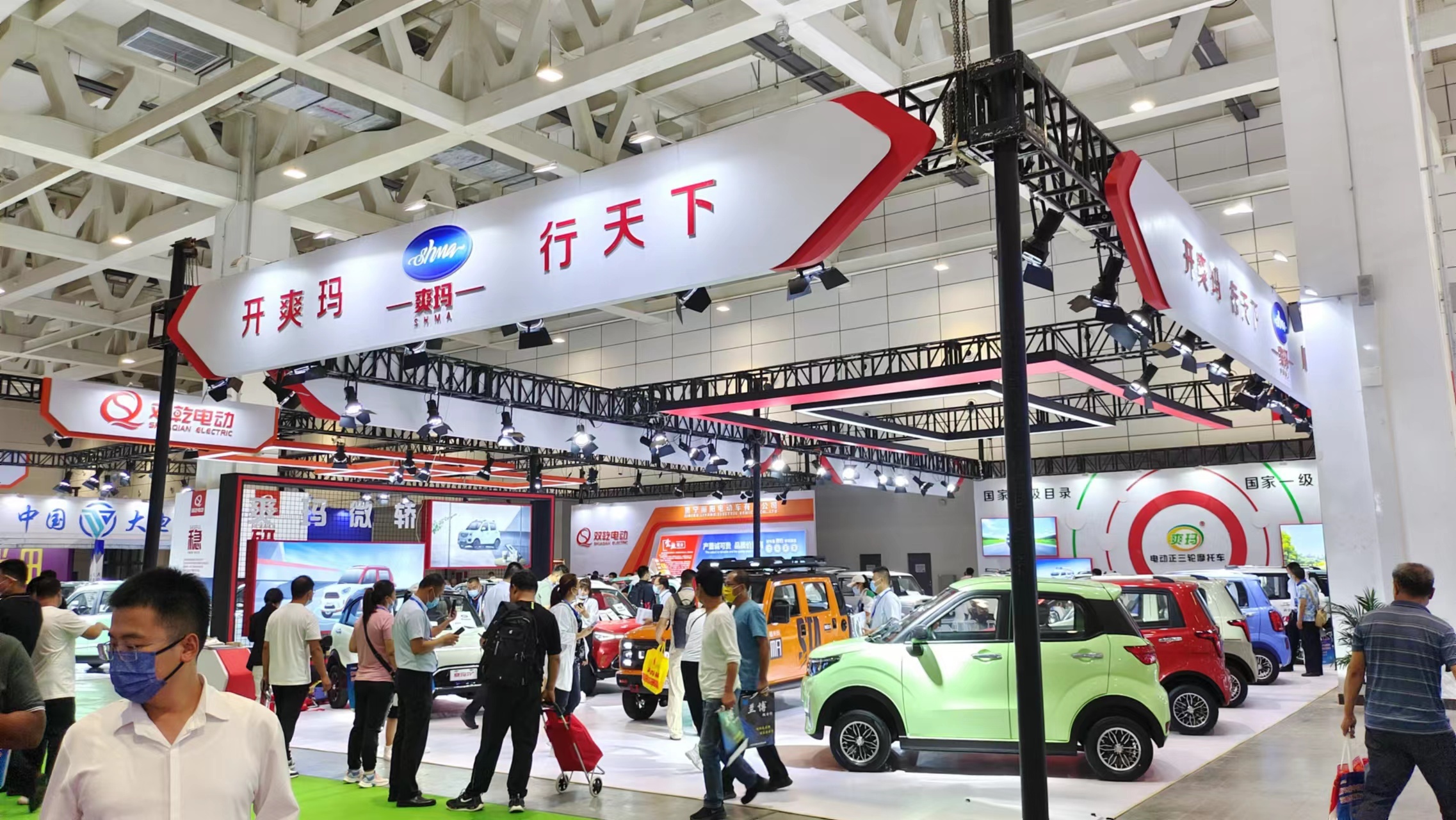


 XINDA
XINDA